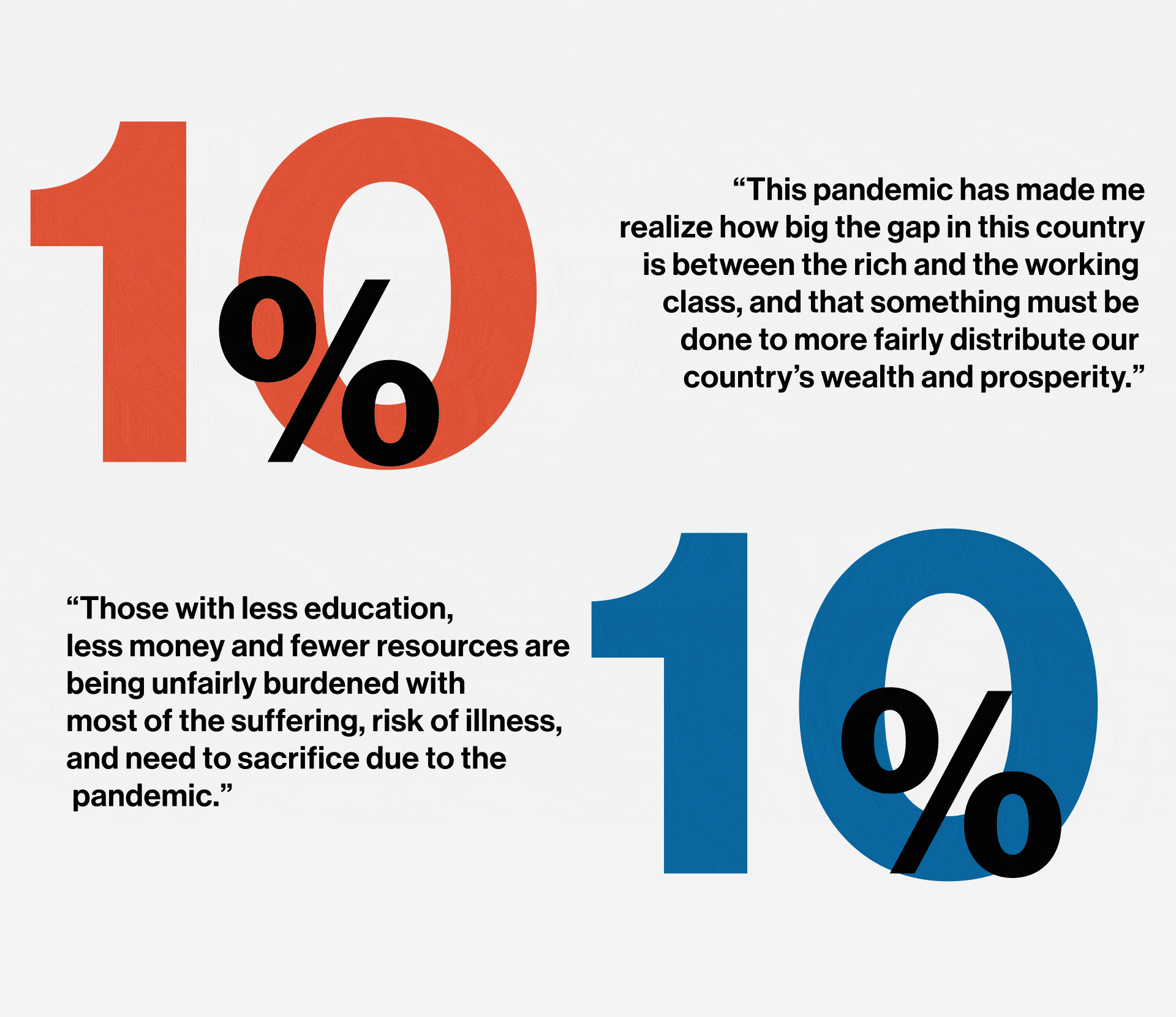Influencer marketing plays a critical role in many brands’ overall marketing strategy. Yet even in normal times, it requires thoughtful planning and execution based on specific goals. As the coronavirus crisis prompts organisations across sectors to reconsider how and why they communicate, now is the time to think about partnering with the right influencers to engage your key stakeholders, deliver value and build trust.
Social media is booming
Social media usage among consumers has seen a sharp increase during the Covid-19 pandemic. According to data from Kantar, social media engagement “in later stages of the pandemic” has increased by 61 percent over normal usage rates. The use of video platforms is also steadily increasing, and we are seeing celebrities and brands leveraging Instagram Live to entertain and connect with their audiences. Just in March, TikTok saw 6.2 million downloads, a 27 percent increase compared to February.
Trust is key
During this unprecedented event, trusted social media influencers continue to be a reliable source of information and an effective, authentic way to communicate with your audience. However, influencer marketing is only the right path forward if you are doing it for the right reasons and in partnership with trusted influencers – something that has never been more critical than it is today. The decisions you make now will have long-term effects on your brand. In fact, 71 percent of those surveyed for the 2020 Edelman Trust Barometer; Special Report on Brand Trust and the Coronavirus Pandemic agreed that brands and companies seen placing profits before people during this crisis will lose their trust forever.
Ask the tough questions
So, how do you know if deploying a new – or continuing an existing – influencer marketing strategy in a Covid-19 world is the right move? Here are the key questions you should ask yourself, your team and your agency partners when deciding…
- What is the goal of my proposed or current influencer marketing strategy?
- How does my influencer marketing strategy solve a problem or bring value to the audience it is targeting?
- Am I providing information they will perceive as valuable in the current landscape?
- If I were someone who has been deeply affected by this pandemic, how would I respond to seeing this influencer campaign? Could it be perceived as insensitive, tone-deaf or opportunistic in any way?
- How are we adding value to the community and our audience outside of our influencer marketing? Are we donating meals, money or time to help our community?
Create an airtight plan
Once you have decided to move forward, ensure you have an airtight plan in place, with contingency plans for each step of the way. Below are the critical components of a compassionate, authentic influencer marketing strategy in a Covid-19 world…
- Audience integration: Take extra care to ensure you are choosing the right influencers and partners that match your brand’s voice and values, fit within your budget, and reach your target audiences on the right platforms for your campaign. The wrong influencer partner can make even the most inspiring campaigns fall flat. Consider: who is the audience I am trying to reach? What do I want them to do once I reach them? What tier of influencer makes the most sense for my campaign – micro-influencer, top-tier influencer, celebrity?
- Intelligent vetting: We know partnering with trusted influencers is more important now than ever. Ensure you are getting true impact with your target audience through intelligent vetting. Use influencer marketing tools and spend time manually vetting potential influencers to review and analyse important metrics, such as engagement, follower spikes, audience geography, comment quality, percentage of fake followers/likes and social history for offensive content, competitive partnerships and their approach to Covid-19.
- Co-creation: Influencer content cannot be directed or created in a vacuum by the influencer or the brand alone. The most impactful influencer marketing campaigns will be the result of genuine collaboration between the brand and the influencer, resulting in compelling and compassionate content that leaves a lasting impression on its intended audience.
- True impact: Your influencer marketing strategy is only as successful as your measurement plan. If you are not accurately analysing and measuring your influencer campaign from start to finish, there is no clear way to understand its impact. Spend time developing a measurement strategy by establishing KPIs to ensure your influencer marketing strategy is delivering its intended effect. In addition to measuring traditional outcomes, like impressions, engagements and link clicks, make sure you are evaluating audience sentiment in the context of Covid-19.
Visit the Edelman Coronavirus Hub for more practical advice on how your organisation can communicate effectively during the coronavirus pandemic to boost resilience, protect employees and ensure business continuity.










